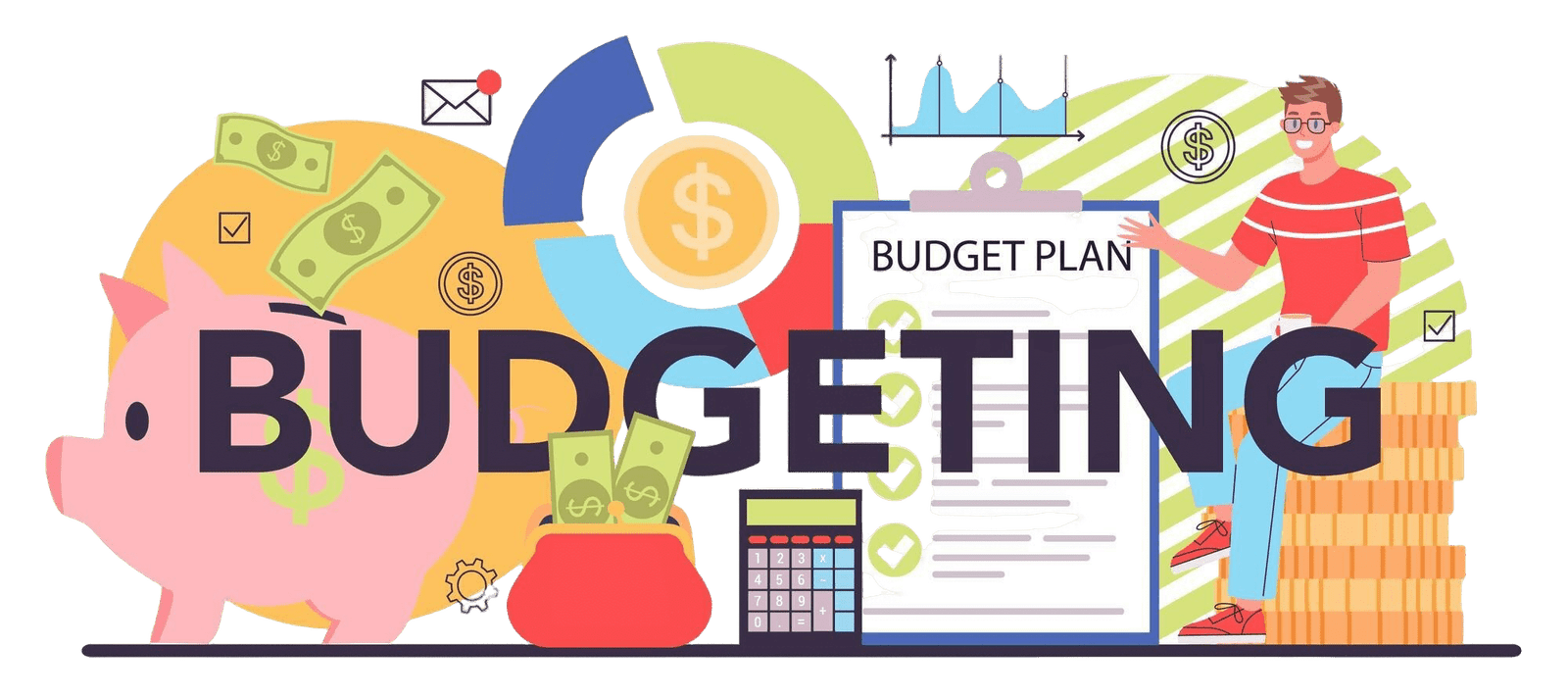
How to Create a Digital Marketing Budget That Maximizes ROI and Success
Imagine your digital marketing budget as a strategic compass—a tool that guides your business through the complex landscape of online marketing while ensuring every dollar is spent wisely. Creating an effective digital marketing budget isn’t just about allocating funds; it’s about making intelligent investments that drive growth and maximize your return on investment (ROI).
Why a Digital Marketing Budget Matters?
In today’s hyper-connected world, digital marketing isn’t a luxury—it’s a necessity. Businesses that approach their marketing spending strategically can:
- Predict and plan for future marketing needs
- Optimize resource allocation
- Track performance more effectively
- Make data-driven decisions
Step-by-Step Guide to Creating Your Digital Marketing Budget
1. Assess Your Current Financial Landscape
Before diving into budget creation, understand your financial starting point:
- Analyze which channels provided the best return on investment
- Review your overall business revenue
- Determine your total marketing spend from previous years
Pro Tip: Most businesses allocate between 5-15% of their total revenue to marketing, with digital marketing typically consuming 40-50% of that budget.
2. Define Your Marketing Goals
Clear goals are the foundation of an effective budget. Ask yourself:
- Are you looking to increase brand awareness?
- Do you want to generate more leads?
- Is your primary objective driving sales?
- Are you targeting customer retention?
Each goal will require a different strategic approach and budget allocation.
3. Understand Digital Marketing Channel Costs
Different digital marketing channels have varying cost structures:
Search Engine Marketing (SEM)
- Pay-Per-Click (PPC) Advertising
- Keyword Research
- Landing Page Development
Social Media Marketing
- Paid Social Ads
- Content Creation
- Influencer Partnerships
Content Marketing
- Blog Post Production
- Video Creation
- Infographic Design
Email Marketing
- Email Platform Subscriptions
- List Building Tools
- Design and Copywriting
Search Engine Optimization (SEO)
- Technical SEO Audits
- Content Optimization
- Link Building Strategies
4. Budget Allocation Strategies
Percentage-Based Allocation
- Allocate budget based on a percentage of total revenue
- Typically ranges from 5-15% for digital marketing
Goal-Driven Allocation
- Distribute funds according to specific marketing objectives
- Prioritize channels with highest potential ROI
Competitive Benchmarking
- Research industry standards
- Align budget with competitor spending
- Adjust based on your unique business needs
5. Digital Marketing Budget Template
Here’s a sample template to help you structure your budget:
| Marketing Channel | Estimated Cost | Percentage of Budget | Expected ROI |
| PPC Advertising | $2,000 | 25% | 300% |
| Social Media Ads | $1,500 | 20% | 250% |
| Content Marketing | $1,200 | 15% | 200% |
| Email Marketing | $800 | 10% | 150% |
| SEO Services | $1,000 | 15% | 180% |
| Tools & Software | $500 | 5% | N/A |
| Total Budget | $7,000 | 100% | Avg. 216% |
6. Budget Tracking and Optimization
Key Performance Indicators (KPIs) to Monitor:
- Customer Acquisition Cost
- Conversion Rates
- Return on Ad Spend (ROAS)
- Website Traffic
- Lead Generation
7. Flexibility is Key
Digital marketing landscapes evolve rapidly. Build flexibility into your budget:
- Reserve 10-15% of your budget for experimental channels
- Regularly review and adjust allocations
- Be prepared to pivot based on performance data
Common Budgeting Pitfalls to Avoid
- Underestimating content creation costs
- Neglecting tool and software expenses
- Failing to track performance metrics
- Spreading budget too thin across multiple channels
- Ignoring the importance of quality over quantity
Your Budget, Your Success
A well-crafted digital marketing budget is more than a financial document—it’s a strategic blueprint for growth. By understanding your goals, researching channels, and remaining adaptable, you can create a budget that not only manages expenses but drives meaningful business results.
Remember: The most successful digital marketing budgets are living documents. Continuously learn, analyze, and optimize.
If you need any support with your digital marketing efforts, feel free to connect with us. We’d love to help you grow your business online!
